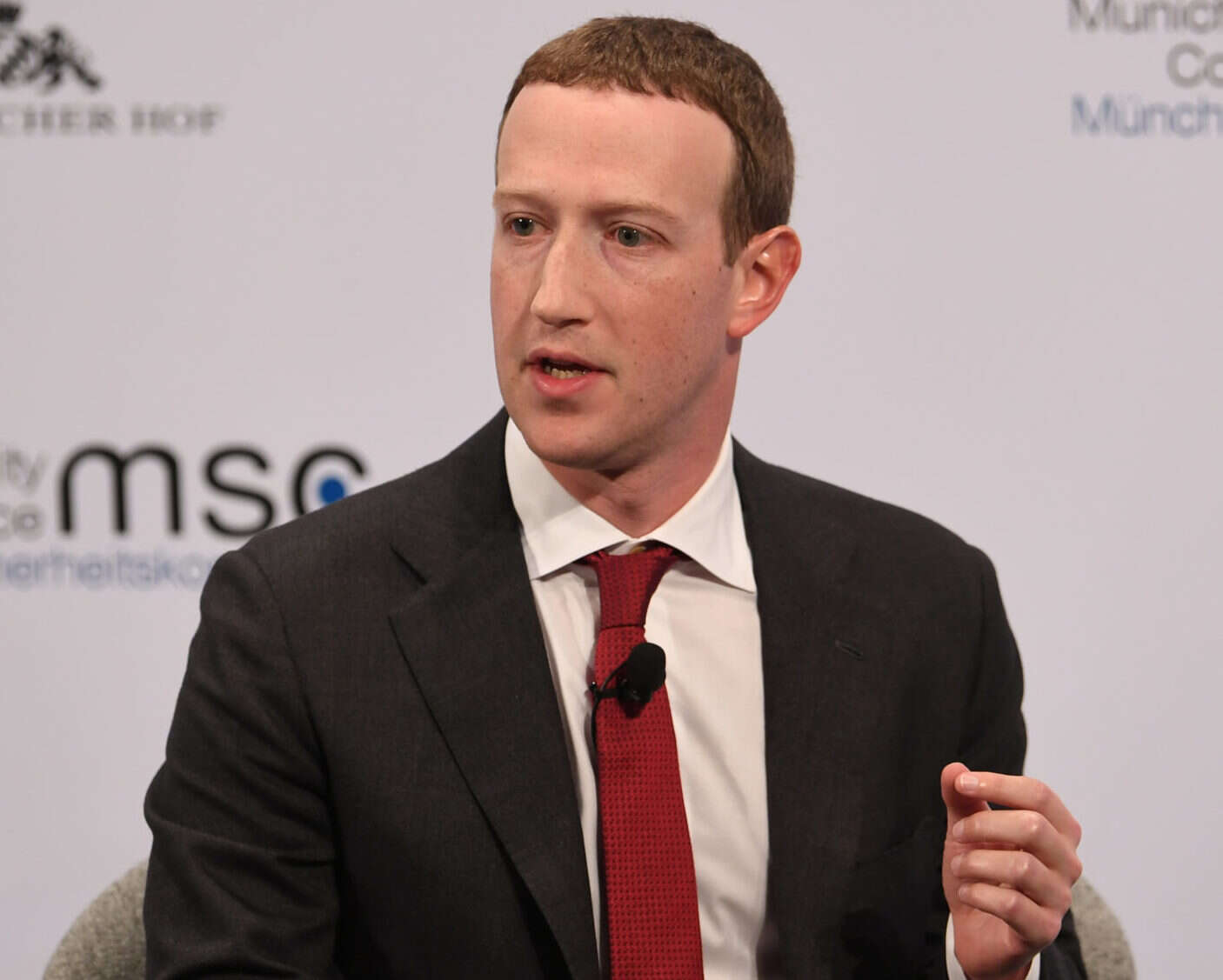
Facebook has said it wants to work with governments on “new rules for the internet” as the social network published a set of recommendations for online content regulation.
The tech giant has been at the centre of a debate about how internet firms should be made more accountable for the content that appears on their platforms.
Last week, the Government published early proposals for new online harms regulation, including placing broadcasting regulator Ofcom in charge of holding tech firms to account if they fail to uphold a duty of care to users.
Facebook has now published its own recommendations for future regulation, which suggest placing more accountability on companies to moderate content.
It argued this would act as a strong incentive for firms to be more responsible.
Facebook’s head of global affairs and communications Sir Nick Clegg said: “Facebook wants to work with policymakers to create new rules for the internet.
“We published a White Paper that offers five principles that could frame content regulation, especially outside the US, that keeps the internet safe and protects free expression.”
The guidelines suggest regulations should “respect the global scale of the internet and the value of cross-border communications” and encourage coordination between different international and national regulators, as well as look to protect freedom of expression.
In terms of enforcing new rules, it calls on regulators to develop an understanding of technology that still allows firms to innovate rather than issuing blanket bans on certain processes or tools.
It also asks regulators to take into account the “severity and prevalence” of harmful content in question, its status in law and efforts already underway to address the content.
Writing in the Financial Times, Facebook boss Mark Zuckerberg said the company supported the need for new online regulation even if it damaged his company financially.
“I believe good regulation may hurt Facebook’s business in the near term but it will be better for everyone, including us, over the long term,” he said.
“These are problems that need to be fixed and that affect our industry as a whole. If we don’t create standards that people feel are legitimate, they won’t trust institutions or technology.
“To be clear, this isn’t about passing off responsibility. Facebook is not waiting for regulation; we’re continuing to make progress on these issues ourselves.
“But I believe clearer rules would be better for everyone. The internet is a powerful force for social and economic empowerment. Regulation that protects people and supports innovation can ensure it stays that way.”
The social network said it wanted its recommendations to spark further debate about the issue of online regulation, and confirmed it planned to publish more papers on the subject of elections and privacy later this year.
Facebook’s vice president of content policy, Monika Bickert, said: “If designed well, new frameworks for regulating harmful content can contribute to the internet’s continued success by articulating clear ways for government, companies, and civil society to share responsibilities and work together.
“Designed poorly, these efforts risk unintended consequences that might make people less safe online, stifle expression and slow innovation.”
Picture: Reuters/Andreas Gebert
Email pged@pressgazette.co.uk to point out mistakes, provide story tips or send in a letter for publication on our "Letters Page" blog
